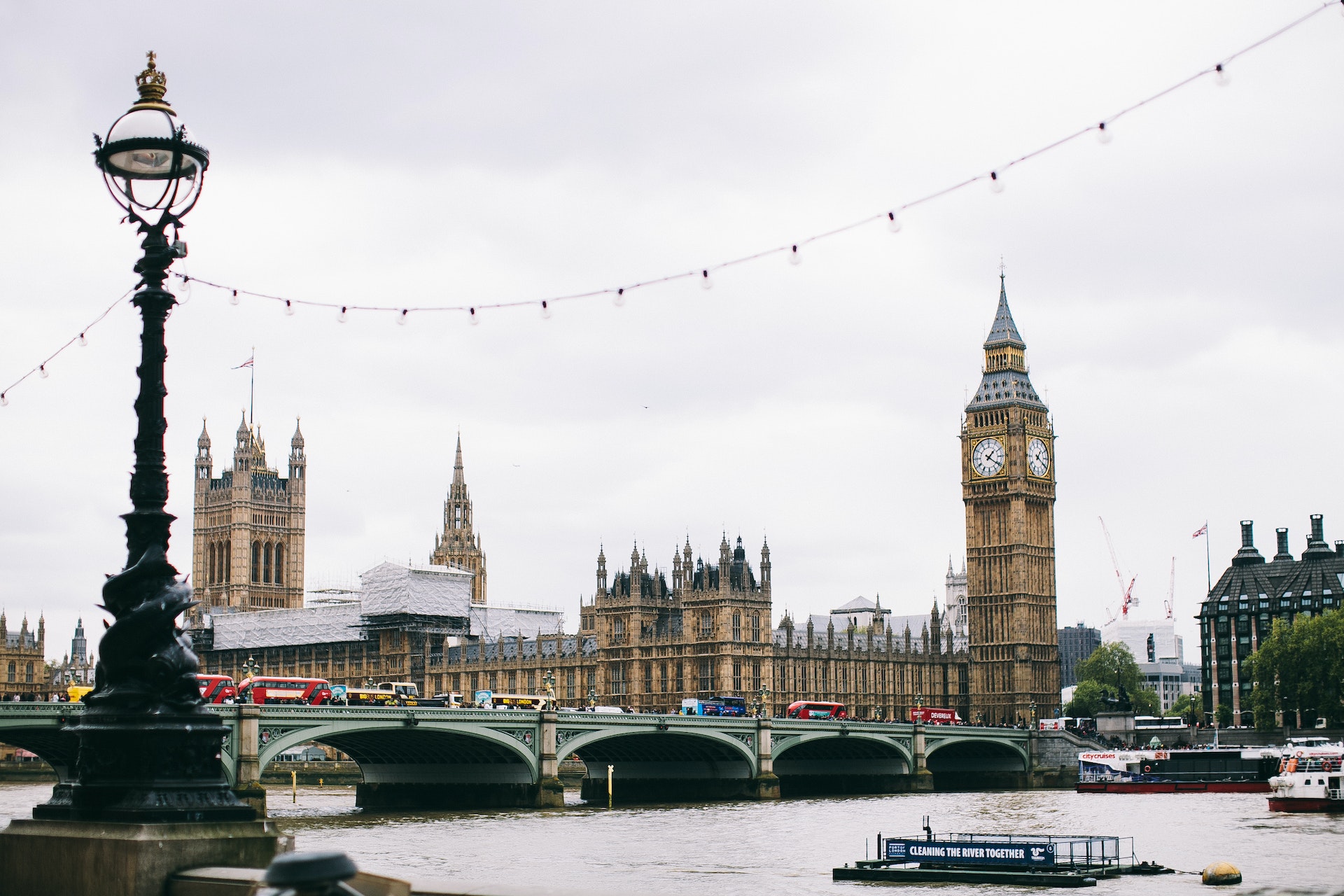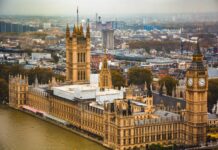By Sustainable Energy First CCO, Anthony Mayall

In recent weeks, a furore has arisen surrounding Rishi Sunak’s Net Zero rollbacks. The core of the issue, as The Guardian explains, is that he has vowed to press ahead with watering down key green measures despite intense criticism, because he still believes the UK will hit its net zero target in 2050.
There are some big issues with this approach. It arguably favours short-termism against the long-term economic benefits of taking action now. And of course, it misses the essential truth that businesses need policy certainty to plan with confidence.
Let’s dig more deeply into the economic case for climate leadership, versus short-term thinking.
Business first
Just days ago, the leaders of 15 manufacturers’ trade bodies, including Make UK, the Construction Equipment Association and the Chemical Industries Association, in a letter to the Financial Times, said The Prime Minister’s decision sent, “entirely the wrong signal” and suggested that, “we are simply going backwards.”
The groups, which also included Adelan, Silverstone Technology Cluster and the Confederation of British Metalforming, warned that the Government, “Watering down some of its net zero policies is a huge setback for manufacturers, who have put transition to net zero at the forefront of their business priorities.”
Small and medium sized enterprises in the automotive supply chain would be among those, “hit particularly hard,” according to the letter.
Herein lies the big problem. No one debates that the low carbon transition has associated costs. No long-term, pragmatic policy that involves a reinvention of how business is done could occur without these, in some form at least.
The point is that the cost of inaction and delay is far higher. The Grantham Research Institute on Climate Change and the Environment notes that expected losses to the UK economy from the continued impacts of climate change are considerable, reaching at least 7.4% of UK GDP by the end of the century.
The largest risk factor, it argues, is catastrophic risk: the possibility that the global economy will experience large-scale disruption due to climate change.
Contrastingly, combined with the considerable co-benefits of climate mitigation and the potential for improving economic efficiency, which accrue much earlier, it finds strong economic justification for an extensive energy transition to net zero.
It argues the mitigation transition benefits of 4.1%, plus the climate risks benefits of moving from current policies to a high mitigation scenario of 5.0% provide a total benefit to the UK economy of 9.1% of its GDP.
So, there are the numbers. And there’s more at stake; trust.
Trusting the policy
Anyone who has been in business for any time will be aware of salient facts. Business demands long term planning. It is necessary to understand the detail and implications of policy in order to predict cost, future markets, future profitability and future risks.
None of this is possible when governments dismantle their own targets without warning and without much visible or evident interest on behalf of business. When we can’t plan, we simply can’t do business properly.
We should also remember these changes are coming after a period of intense uncertainty and suffering for both people and businesses alike during the COVID pandemic. Times have not been simple recently, additionally businesses have faced supply chain issues, energy costs and inflationary concerns.
Stoking any such fires at the altar of short-term politics seems unnecessary and unwarranted. And remember, these are not small climate issues we are discussing.
Just days ago, The International Energy Agency (IEA) wrote that the path to limiting global warming to 1.5 °C has narrowed, but clean energy growth is keeping it open.
Fatih Birol, IEA Executive Director, said that keeping alive the goal of limiting global warming to 1.5 °C requires the world to come together quickly.
“The good news is we know what we need to do – and how to do it. Our 2023 Net Zero Roadmap, based on the latest data and analysis, shows a path forward.
“But we also have a very clear message: strong international cooperation is crucial to success. Governments need to separate climate from geopolitics, given the scale of the challenge at hand.” Who, I wonder, was he talking about?
What next?
Writing on Chatham House, Antony Froggatt Senior Research Fellow and Deputy Director, Environment and Society Centre, says that the UK has for decades been seen as a global leader in climate change action.
“The 2008 Climate Change Act has been the gold standard for climate change governance. More recently, in 2021, as President of COP 26, the UK pledged to reduce its emissions by 68% by 2030, from 1990 levels – seen as a standard-setting target.” he argues.
“This retreat on ambitious commitments badly undermines one area where the UK could claim a truly world-leading policy position. And it will make it easy for other countries to question the UK’s climate agenda at COP28 and beyond.”
As I write, the Conservative conference is ongoing, and uncertainty now reigns regarding HS2. Please can we straighten out existing policy-making, and get some much needed clarity on investment and environment moving forward.













